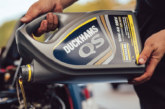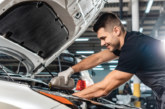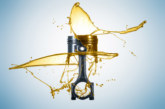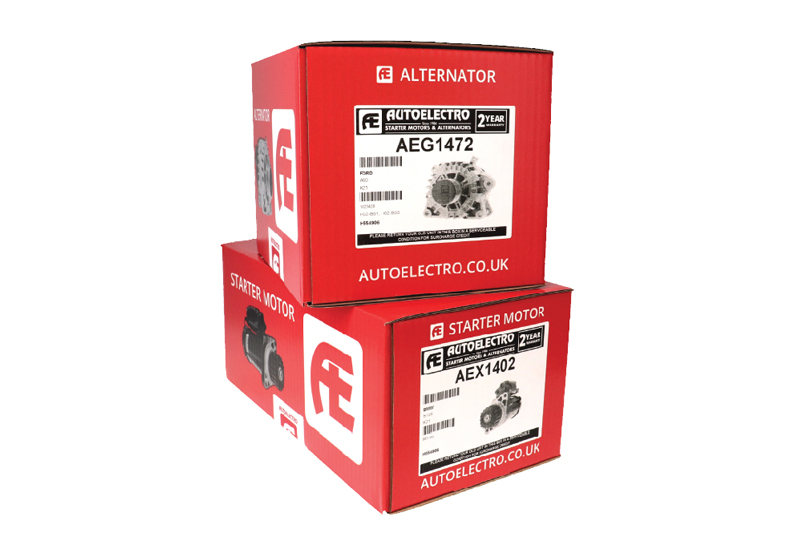
Remanufacturing has been at the heart of Autoelectro’s business, ever since it was founded back in 1986. After celebrating its 35th anniversary and welcoming its one millionth starter motor and alternator off the production line in 2021, its UK sales manager, Nick Hood, is well-placed to explain how the practice of remanufacturing helps protect the environment and how technology has evolved.
It is estimated, according to the Society of Motor Manufacturers and Traders, that the UK remanufacturing industry is worth £2.4 billion, and the automotive sector is one of the most ‘established’. With more than three decades under its belt, Autoelectro certainly matches that label.
Its team of experts, using its bespoke testing equipment, will dismantle a frail old core, strip it down, before reengineering it back to at least its original specification – even exceeding performance at times, as a result of the quality of the new components fitted, according to the company. The ability to iron out any original design flaws, combined with the support and knowledge behind the product, should be an appealing proposition.
Remanufacturing offers environmental benefits
Over the years, Autoelectro has earned internationally-recognised accolades for its continued commitment and investment in environmental practices, such as the Green Apple Environmental Award in 2015.
Nick said: “We try to save as much original material from the old core and reduce the use of raw materials. The fewer raw materials, the less energy is consumed during the whole process. Products can also enjoy longer durability than some original parts.”
Advances in technology
The advances in technology over the last decade have presented a new set of challenges, but, at the same time, the data and understanding gained from those trials has meant it is equipped to share its knowhow with its customers.
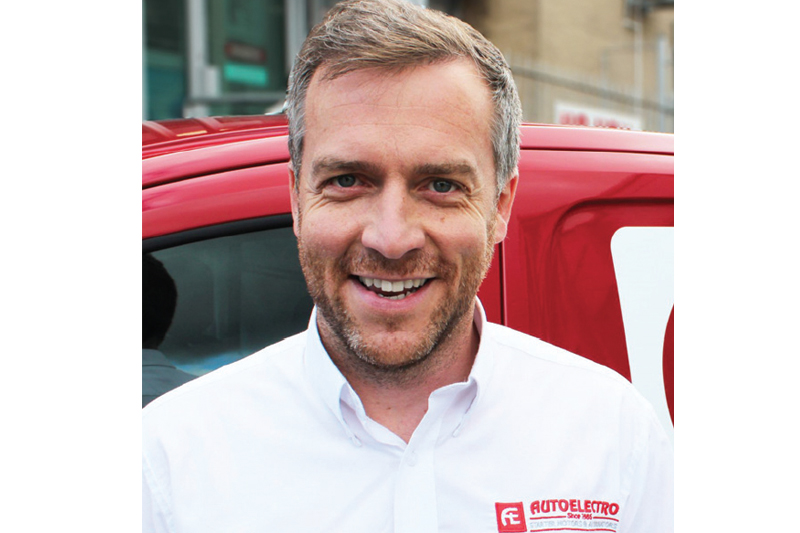
“Remanufacturing has become more complex over the years, with the introduction of ECU controlling, stop-start, and smart charging. The experience and knowledge gained has meant we can assist both technicians and distributors, whether it be workouts, online technical support or a handy guide inside the box.”
Reputation on the line
Nick believes that remanufacturing continues to face an image issue, in that there is still a perception that remanufactured goods are classed as ‘second-hand’ or not as good as brand new units.
The practice also continues to be threatened by poor quality, low-cost imports, but, despite the challenges, Nick advised: “As a remanufacturer, whose brand is steeped in 35 years of history, we have a clear understanding of how the components go back together. To dismantle the old unit, diagnose why it originally failed and then fully rebuild it to at least its original specification takes experience, knowledge and resources – all attributes that the company has significantly invested in over the years.”


